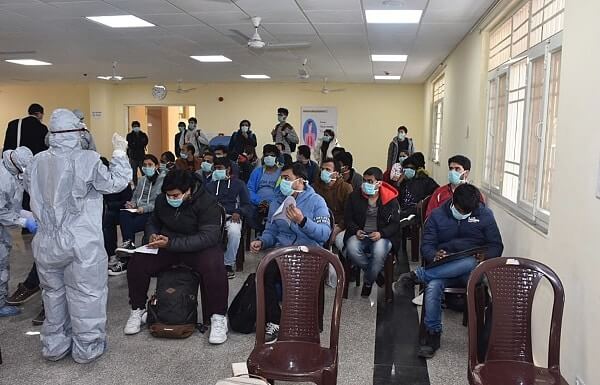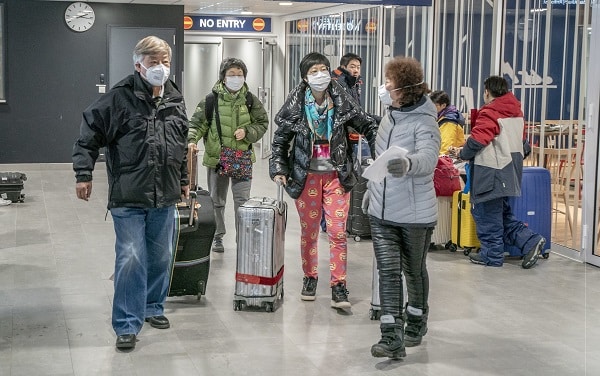India is in the grip of the worst effects of the COVID pandemic since the first outbreak began about 17 months ago. In a time of dire need, flights have been suspended. But was this all even necessary?
Suspending flights from India temporarily is a short-term solution, but not one in the interests of the medium or long-term for our bilateral relations or international relationships. It is simply not sustainable.
From the outset, the Australian government response has been to close borders and effectively isolate the nation from the world. This has been necessary. At the same time, it had what initially appeared to be an effective solution. That is, co-operation with the States to use hotels as the frontline for quarantine.

Of course, detractors will say, “But what about the highly infectious mutant strain?” They will also say, “We cannot trust the COVID tests being done in India.”
These concerns can be ameliorated if we have properly managed facilities that are not in the main cities, and appropriately structured to prevent transmission. Had this been implemented, suspending flights from India would never have been necessary. Indeed, it seems to be the only effective way forward to re-engage with the rest of the world.
Opening Commonwealth-managed facilities
Hotel quarantine as a failed system should be replaced by the use of Commonwealth facilities in places like Christmas Island. Facilities in the Northern Territory and in other places where there are Australian Defence Force (ADF) assets can quickly and effectively be used. This would assist with the repatriation of citizens from India (and elsewhere), and also enable the recommencement of the return of international students.

Instead of outsourcing to the States, the Commonwealth government needs to solve the longer-term problem of how we can effectively have a lasting solution for a crisis that is clearly going to be around for at least the next two or three years.
Apart from enabling the smooth transition of people, both citizens and non-citizens, coming into and leaving Australia, the use of Federal quarantine systems and facilities would be the beginning of the way out for Australians. It would enable the ordinary functions of life: going to births, weddings and funerals without being exposed to criticism, should a case arise in a hotel not designed to take people suffering from the pandemic. It would also enable a means to conduct their business and to help the world repair. A large part of that repair will come, and will be accelerated by, a well India.
It is not in the global interest to have any country suffer the effects of the coronavirus. In purely economic terms alone when large countries suffer the effects of the coronavirus, then in any sense, a global recovery will not be possible. India’s needs are most pressing. Suspending flights temporarily is a short-term solution, but not one in the interests of medium term or long-term bilateral relations. It is simply not sustainable.
Arguably, India needs more flights at present, not fewer, as it would better assist the transfer of vital supplies. A fractured and reactive approach to international borders does not give a sustainable path forward.
As a global leader in independent thinking Australia must demonstrate leadership with respect to making solutions that work now, and also into the future. It behoves a nation like Australia to demonstrate clarity of vision so it can sustainably support nations like India and inevitably others. This would be different to the series of starts and stops, bringing uncertainty, when an alternative strategy is available.




